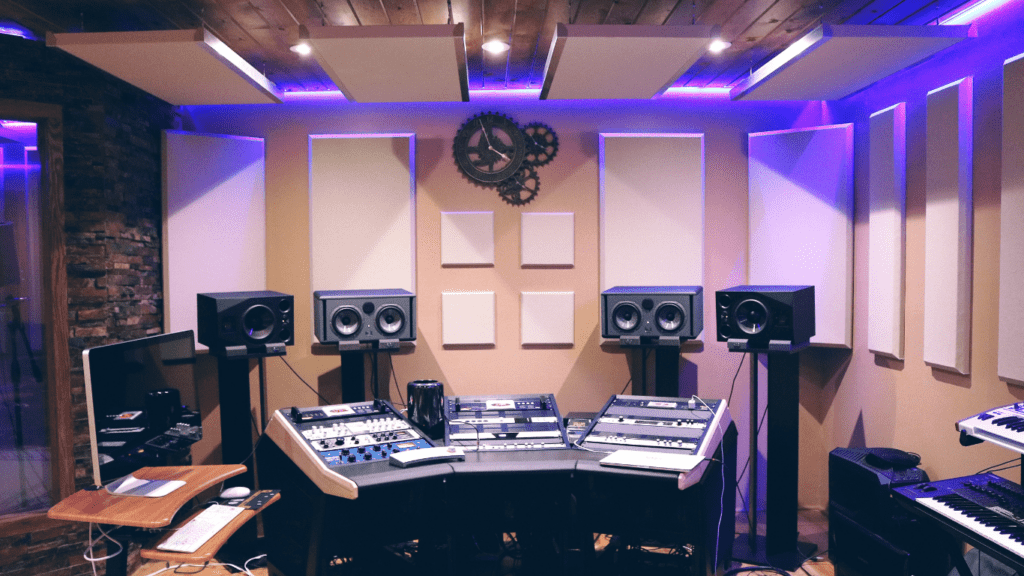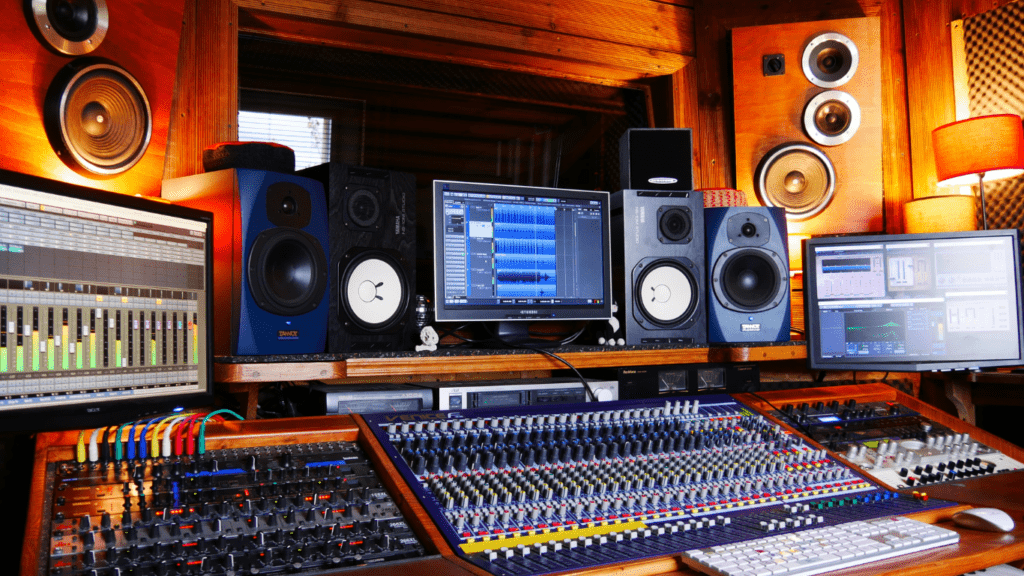In the ever-evolving landscape of the music industry, a new trend is taking center stage – Music NFTs. As an artist myself, I’ve witnessed firsthand the transformative power of NFTs in revolutionizing how musicians monetize their creative endeavors.
With NFTs, artists are breaking traditional barriers and exploring innovative avenues to showcase and sell their work directly to fans. Through blockchain technology, musicians can now mint unique digital assets, offering fans exclusive access to limited editions, unreleased tracks, and even personal experiences.
This shift not only empowers artists to retain more control over their art but also opens up a world of possibilities for fan engagement and revenue streams. Join me as we delve deeper into the exciting realm of Music NFTs and discover how artists are embracing this digital revolution to redefine the future of music monetization.
Overview of Music NFTs
As an artist deeply involved in the music industry, I’ve witnessed firsthand the revolutionary impact of Music NFTs on how we artists can monetize our creations. NFTs have opened up new avenues for us to directly engage with our fans, breaking away from the constraints of traditional methods.
By offering exclusive digital assets through NFTs, such as limited editions and unreleased tracks, musicians like myself can now have more control over our art while cultivating stronger connections with our audience. This shift not only amplifies fan participation but also paves the way for innovative revenue streams, marking a significant transformation in the way music is valued and shared in the digital era.
Benefits of Music NFTs for Artists
Music NFTs offer artists exciting opportunities to expand their revenue streams, revolutionizing how they monetize their creative outputs. By leveraging NFTs, musicians can directly engage with their fan base, creating a more intimate and interactive connection that enhances fan loyalty and support.
Let’s dive into the specific advantages of Music NFTs for artists:
Increased Revenue Streams
With Music NFTs, artists can unlock diversified revenue streams beyond traditional music sales and streaming platforms. By minting NFTs tied to their music, artists can sell exclusive digital collectibles directly to fans, including unreleased tracks, limited editions, and unique experiences.
This direct-to-consumer approach eliminates intermediaries, allowing artists to retain a more significant share of the revenue generated from their NFT sales. The ability to reach a global audience and offer one-of-a-kind digital assets can significantly boost artists’ earnings and financial independence.
Direct Engagement with Fans
Music NFTs facilitate direct engagement between artists and their fans, fostering a deeper sense of community and connection. Through NFT drops, artists can interact with supporters in real-time, offering behind-the-scenes access, virtual meet-and-greets, and personalized content that strengthens the artist-fan relationship.
This personalized interaction not only cultivates a loyal fan base but also provides artists with valuable feedback and insights directly from their audience. By embracing Music NFTs, artists can forge meaningful connections with their fans and cultivate a dedicated community passionate about supporting their creative endeavors.
Challenges and Risks
Navigating the landscape of Music NFTs presents artists with a set of challenges and risks that require careful consideration to ensure the successful monetization of their work.
Copyright Issues
As an artist venturing into the realm of Music NFTs, I understand the paramount importance of addressing copyright concerns. Ensuring that the rights to the music being tokenized are clear and properly owned is crucial to avoid legal disputes and protect the integrity of the NFTs created.
Working with legal professionals or rights management agencies can help in clarifying ownership rights and mitigating the risks associated with copyright infringement.
Success Stories in the Music NFT Space
Exploring success stories in the Music NFT space reveals how artists have leveraged this innovative technology to revolutionize their monetization strategies and forge deeper connections with their fans. Let’s delve into some inspiring instances of artists who have thrived in the realm of Music NFTs:
- Gramatik’s Tokenized Album Release: Gramatik, a renowned electronic music producer, made waves in the NFT scene by tokenizing his album “GRMTK NFT” in 2021.
- 3LAU’s NFT Auction: Electronic music artist 3LAU raised over $11.6 million in February 2021 through the auction of his NFT collection, setting a groundbreaking precedent in the industry.
- Kings of Leon’s NFT Album Drop: The rock band Kings of Leon released their album “When You See Yourself” as an NFT bundle, offering fans unique perks such as front-row concert seats and exclusive audiovisual art.
These success stories underscore the immense potential of Music NFTs to not only boost artists’ earnings but also foster unparalleled engagement with their audience. By tapping into the world of blockchain technology, musicians are creating new pathways for monetization while redefining the dynamics of fan interaction in the digital age.
Future Outlook for Music NFTs
Envisioning the future of Music NFTs reveals a landscape full of innovation and opportunities for artists to redefine their connections with fans and the music industry. With blockchain technology supporting these digital assets, artists can explore new monetization methods while fostering deeper audience engagement.
I anticipate a rise in artists using this medium to offer exclusive experiences, such as custom merchandise, virtual meet-and-greets, and personalized shoutouts. This direct engagement through NFT drops will create a more intimate ecosystem where artists can tailor offerings to their loyal supporters.
Additionally, artists will likely leverage smart contracts and decentralized platforms to streamline royalty payments and enhance transparency, ensuring fair compensation for their work. By utilizing blockchain, musicians can revolutionize the traditional industry model, gaining greater control over their intellectual property and financial transactions.
Looking ahead, I expect increased collaborations among artists, technologists, and blockchain developers to expand the possibilities of Music NFTs. This could include tokenizing live performances, creating interactive experiences, and incorporating augmented reality, enriching fan engagement and broadening creative opportunities for artists.
Overall, the future of Music NFTs is promising, offering artists a dynamic platform for exploration and innovation in the digital landscape. By embracing this transformative technology and staying attuned to market trends, musicians can achieve sustainable monetization, creative autonomy, and unprecedented fan engagement.





